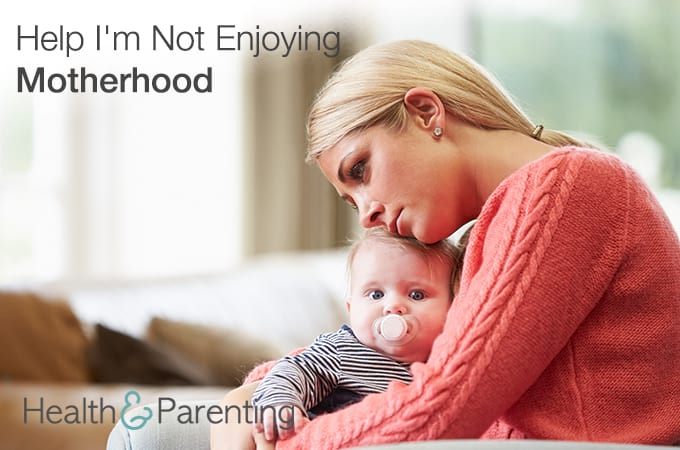As many as 15% of new mums suffer from postpartum mood disorders, including postpartum depression. You may have heard people talk about the baby blues, and the impact of postpartum hormonal changes on mood, but postpartum depression is more than that.
It’s important to be able to recognise the signs of postpartum depression in yourself and others, because the sooner this condition is diagnosed, the sooner treatment can begin.
It is not known what causes postpartum depression. Having a baby is a life-changing and stressful event. Exhaustion and stress are almost inevitable as you adjust to life as a new parent, and this may play a part in the onset of postpartum depression. Hormonal changes also contribute. You have an increased risk of developing postpartum depression if you:
- have a family history of depression
- have a personal history of depression or other mood disorders, such as bipolar disorder
Symptoms of postpartum depression
The symptoms of postnatal depression most often begin during the first two months after the birth, but may start any time in the first year postpartum. You may experience some of the following symptoms:
- persistent low moods
- persistent feeling of sadness
- loss of interest in the world around you
- inability to feel joy
- fatigue
- trouble sleeping
- inability to concentrate and/or make decisions
- low self-confidence
- loss of interest in food, or comfort eating
- feelings of guilt
- suicidal thoughts
- self-harming
- frightening thoughts
Around half of all sufferers experience frightening thoughts of harming their baby. These thoughts are part of the condition, and do not mean you are a bad mother. It is rare for either mother or baby to be harmed as a result of postpartum depression.
Diagnosis and treatment
If you think you may be experiencing postpartum depression, you should contact your healthcare provider immediately. Your healthcare provider will be able to diagnose the condition by asking a series of questions. Some women are scared to seek help because they worry that their babies will be taken from them. In reality it is very, very rare for babies to be taken from their mothers because of postpartum depression. This would only ever occur in very exceptional circumstances.
Your healthcare provider is best placed to advise you on treatment options, and this will depend on the severity of your condition. Treatment options include:
- counseling and therapy
- medication
There are things you can do to help alleviate the symptoms of postpartum depression, for example:
- talk about how you feel – whether it’s to your partner, friends, family or a group for sufferers, talking about your feelings may help
- exercise – this is a proven way to treat depression, so try to exercise a few times a week
- get out of the house – if you’re feeling low and want to hide indoors, try to force yourself to leave the house. Even just taking a quick stroll around the block can help
- eat healthily – skipping meals and eating poorly can make you feel worse, so try to eat a healthy balanced diet
- rest – get as much sleep as you can. If you can’t sleep, rest instead
- accept help from friends and family
It can be hard to admit you are suffering from postpartum depression, and telling other people about it can be even harder. Try to remember, telling your healthcare provider is the first step on the road to recovery.
Written by Fiona, proud owner of a toddler, @fiona_peacock
This information is not intended to replace the advice of a trained medical doctor. Health & Parenting Ltd disclaims any liability for the decisions you make based on this information, which is provided to you on a general information basis only and not as a substitute for personalized medical advice. All contents copyright © Health & Parenting Ltd 2018. All rights reserved.













